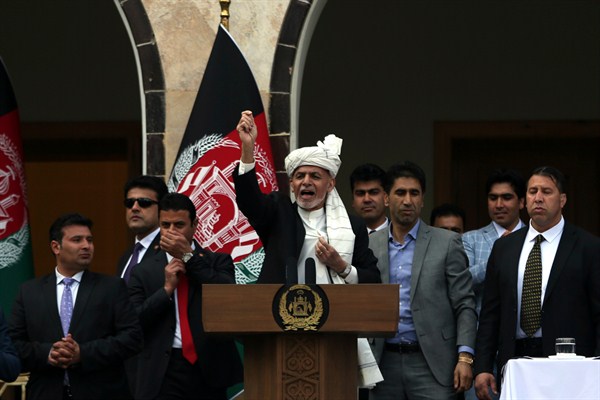The peace agreement signed late last month between the United States and the Taliban promised that intra-Afghan negotiations would commence by March 10. Unsurprisingly, that deadline was missed, illustrating the formidable hurdles that remain in the way of a lasting political settlement in Afghanistan.
The multiple actors involved in the conflict have widely divergent expectations of the political process. Within the Taliban, there is a divide between the movement’s political leaders—most of whom are based in neighboring Pakistan—on the one hand, and its military commission and commanders in Afghanistan, on the other. Both are pursuing victory, but they differ on how to achieve it. The internationally recognized Afghan government is pursuing a settlement that preserves Afghanistan’s republican political system, but its leading politicians are at loggerheads with each other. The U.S. wants to secure peace in Afghanistan and pull its military out, but it wonders if one is possible without the other. The path toward productive intra-Afghan talks depends upon reconciling all of these contradictory positions.
The difficulty of doing so is epitomized by one aspect in particular of the U.S.-Taliban agreement: the release by March 10 of up to 5,000 Taliban prisoners held by the Afghan government and up to 1,000 Afghan prisoners in Taliban control. Extricating its comrades from jail has long been a priority for the Taliban’s military wing, so including this in the deal incentivized it to cooperate with a political process that it is inherently suspicious of. But the prisoner swap arrangement initially encountered fierce resistance from the Afghan government led by President Ashraf Ghani, which was consigned to the role of spectator during the U.S.-Afghan talks.

